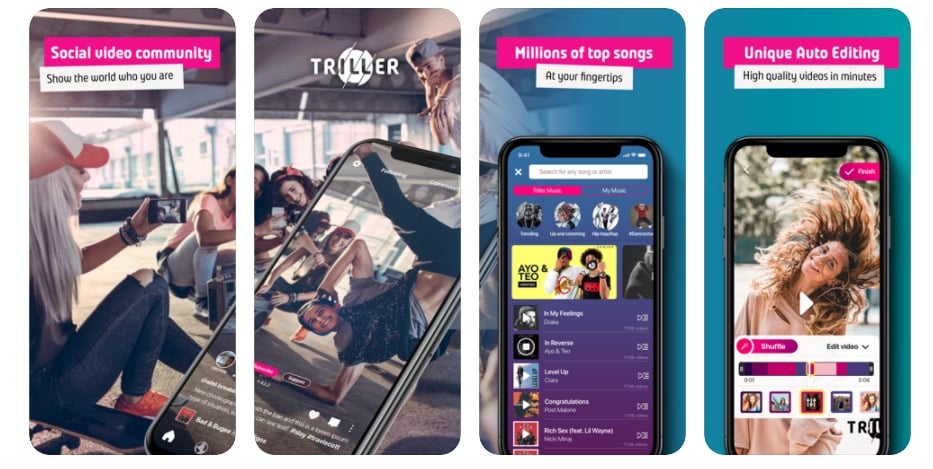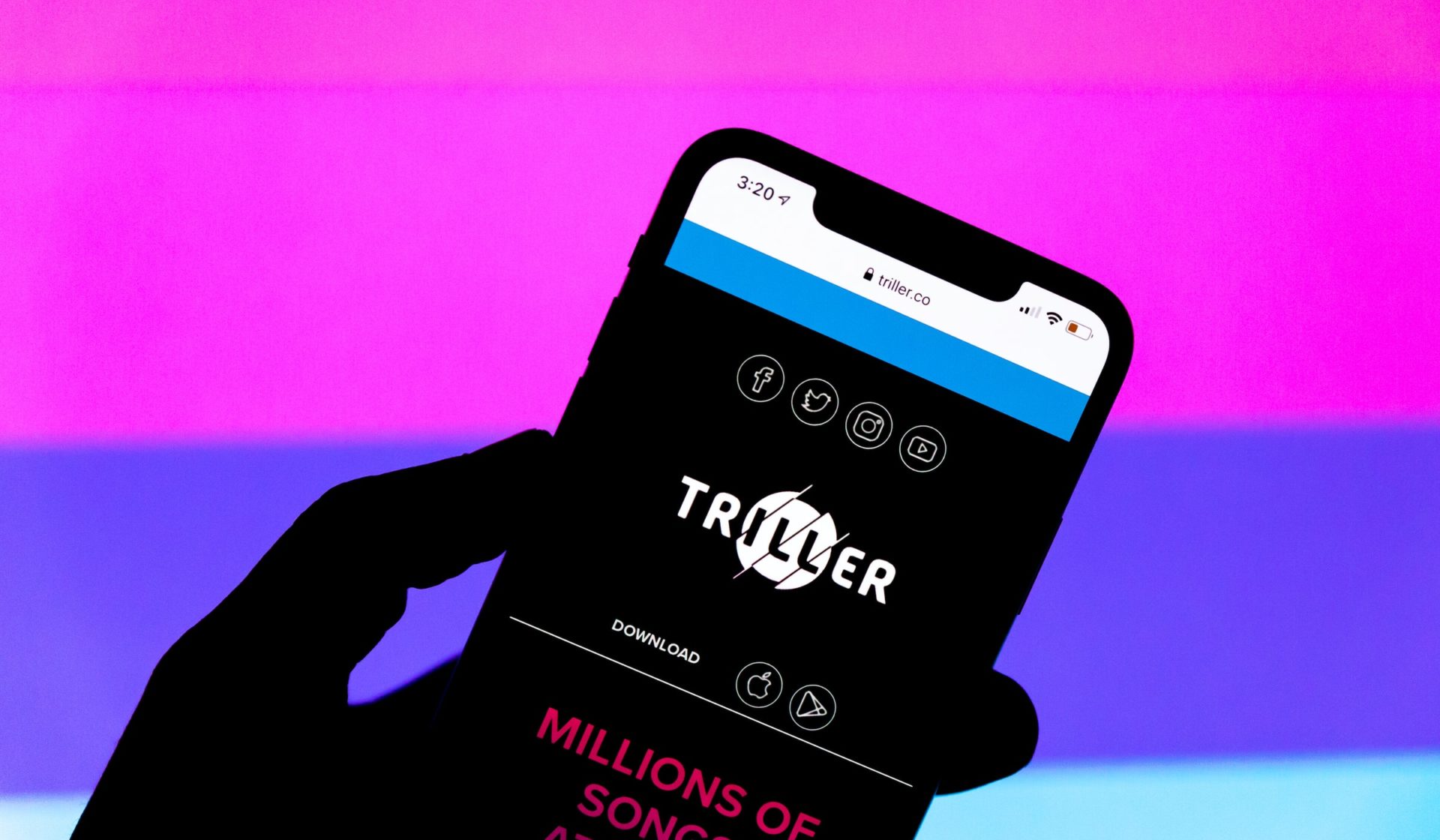Yet another app has joined the race to becoming Gen Z’s new favourite video-sharing platform as the White House moves to ban TikTok.
Facing a potential ban in the US due to various security and privacy concerns, TikTok is fighting for its life and, as a result, millions of its users may well be looking for a new home in the weeks to come. Following months of controversy, a number of competitors have taken note of this, jumping on the short-form video bandwagon by launching new features and whole platforms dedicated to bitesized creativity.
A rare window of opportunity, Instagram, Snapchat, Byte, Zynn, and Clash are all offering TikTok clones designed to win over the current demographic, but there exists one app that’s coming out on top. Describing itself as the ‘adult version’ of TikTok, Triller wants the world to know that it isn’t looking to be yet another copycat. ‘We look at TikTok like a stepping stone to Triller,’ says the company’s co-owner and Hollywood producer, Ryan Kavanaugh. ‘The app’s content is a little more risqué, meant for a slightly older crowd.’
Given that, to date, Triller has been downloaded more than 250 million times across the globe with approximately 65 million active users, there’s no denying its popularity. And the determination to avoid younger audiences by refusing to replicate TikTok’s formula certainly makes it stand out amongst the rest. But what exactly is it?

The Triller experience is one rooted in music: specifically Hip-Hop. Having raised investments from big names in the industry such as Migos, 21 Savage, and Snoop Dogg, the app has garnered a particular fandom that, according to DigiDay, is the reason it’s become such an intriguing prospect for marketers in 2020. Essentially, it’s the focus on ‘serving a more engaged subset (i.e. music fans)’ that truly sets it apart from the rest.
In permitting users to pull entire songs from their playlists (as opposed to just several seconds) to then incorporate into clips of themselves rapping or singing along, Triller is striving to bridge the gap between music streams and viral videos. The primary difference is that its editing algorithm uses intelligent audio and facial analysis to decide when to cut. In other words, you perform and Triller edits your video for you.




















